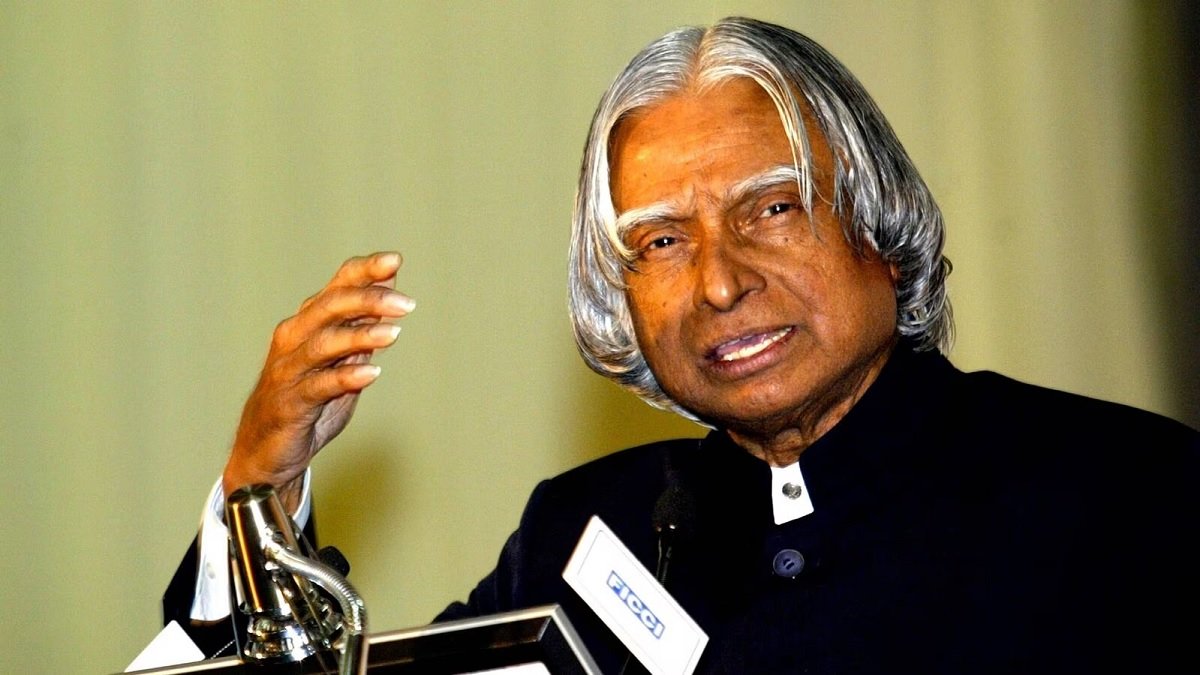Within the vast tapestry of human spirituality and philosophical inquiry, the Bahá’í Faith emerges as a unique and compelling framework that invites individuals to explore profound concepts regarding the divine and the nature of existence. Central to this exploration is the figure of ‘Abdu’l-Bahá, the son of Bahá’u’lláh, whose teachings elucidate the concept of the “Mystery of God.” This notion is pivotal for understanding the Bahá’í perspective on divinity and serves to bridge the gap between sanctuary and secular life.
To fully appreciate the profundity of ‘Abdu’l-Bahá’s teachings, one must first engage with the fundamental tenets of the Bahá’í Faith. At its core, the Bahá’í Faith posits that there exists a single, transcendent God, the unknowable essence of which is beyond human comprehension. This deity embodies all perfection and is the ultimate source of life, morality, and guidance. To navigate the intricacies of the divine will, Bahá’ís believe that God sends forth Manifestations, who serve as intermediaries, bearing divine revelations tailored to the needs of humanity across different epochs.
‘Abdu’l-Bahá’s framing of the “Mystery of God” provides essential insights into the nature of these Manifestations. In his writings, he delineates the distinction between the essence of God and the attributes that God manifests through these prophetic figures. For instance, while God’s transcendent qualities remain concealed, the attributes of love, wisdom, and justice can be perceived through the actions and teachings of the Manifestations. Thus, ‘Abdu’l-Bahá presents a duality: God as the unapproachable light, and the Manifestations as mirrors reflecting aspects of that divine light into the world.
This duality invites a transformative shift in perspective. By recognizing the Mystery of God as a continuum of revelation rather than an ultimate condition of isolation, practitioners may cultivate a deeper understanding of their relationship with the divine. The multiplicity of religious truths across various epochs emphasizes that no single tradition captures the entirety of divine revelation. Instead, it reveals a chain of teachings that build upon one another, culminating in the Bahá’í Faith. This historical perspective compels followers to respect and honor other religious traditions while simultaneously affirming the unique station of Bahá’u’lláh as the latest Manifestation.
Delving into ‘Abdu’l-Bahá’s elucidation of God as fundamentally unknowable stimulates curiosity and encourages intellectual inquiry. His perspective harmonizes the seemingly opposing tendencies of faith and reason, challenging individuals to embrace both as essential to spiritual development. In doing so, he asserts that the faculties of human intellect are not only vital for understanding the physical world but are equally indispensable for grappling with spiritual truths. This symbiotic relationship posits an intriguing proposition: that humanity’s capacity for rational thought is a divine gift meant to elevate and refine spiritual understanding.
Another significant aspect of the “Mystery of God” as outlined by ‘Abdu’l-Bahá pertains to the concept of unity. In Bahá’í teachings, understanding the divine mystery invariably leads to the realization of the interconnectedness of all people. The belief in the oneness of humanity is rooted in the understanding that all individuals, regardless of race, nationality, or creed, are created by the same loving God. This concept serves as a clarion call for social justice, peace, and the elimination of prejudice, thereby transforming the reader’s perspective on societal structures and interpersonal relationships.
Moreover, ‘Abdu’l-Bahá speaks to the idea that the “Mystery of God” also manifests in the personal spiritual journey of each individual. The intimate relationship between the believer and God becomes a dynamic exploration along the path to understanding divine will. Through prayer, meditation, and reflection, one can develop a deeper awareness of their connection to the Creator, further enhancing their spiritual efficacy. The Bahá’í teachings accentuate that individuals are not merely passive recipients of divine knowledge, but active participants in revealing God’s will through their actions and interactions in the world.
A startling implication of this understanding is that comprehending the “Mystery of God” necessitates a re-evaluation of preconceived notions regarding spirituality. This invites a fertile ground for dialogue and discussion, as believers are encouraged to engage with divergent viewpoints and cultivate a more holistic understanding of spirituality. Such an approach nurtures humility, recognizing that human understanding is inherently limited, and the quest for knowledge regarding the divine is an ongoing journey rather than a destination.
In summary, the teachings of ‘Abdu’l-Bahá regarding the “Mystery of God” present both a challenge and an opportunity for spiritual seekers. It invites individuals to adopt a multifaceted approach to understanding the divine, transcending traditional dichotomies of faith and reason. By recognizing the unique role of the Manifestations and the interconnectedness of humanity, followers can cultivate a renewed sense of purpose that transcends ordinary existence. By engaging with these teachings, individuals stand to reshape not only their personal spiritual journey but also their contributions to the collective well-being of humanity, exemplifying the transformative power of understanding the divine mystery.
